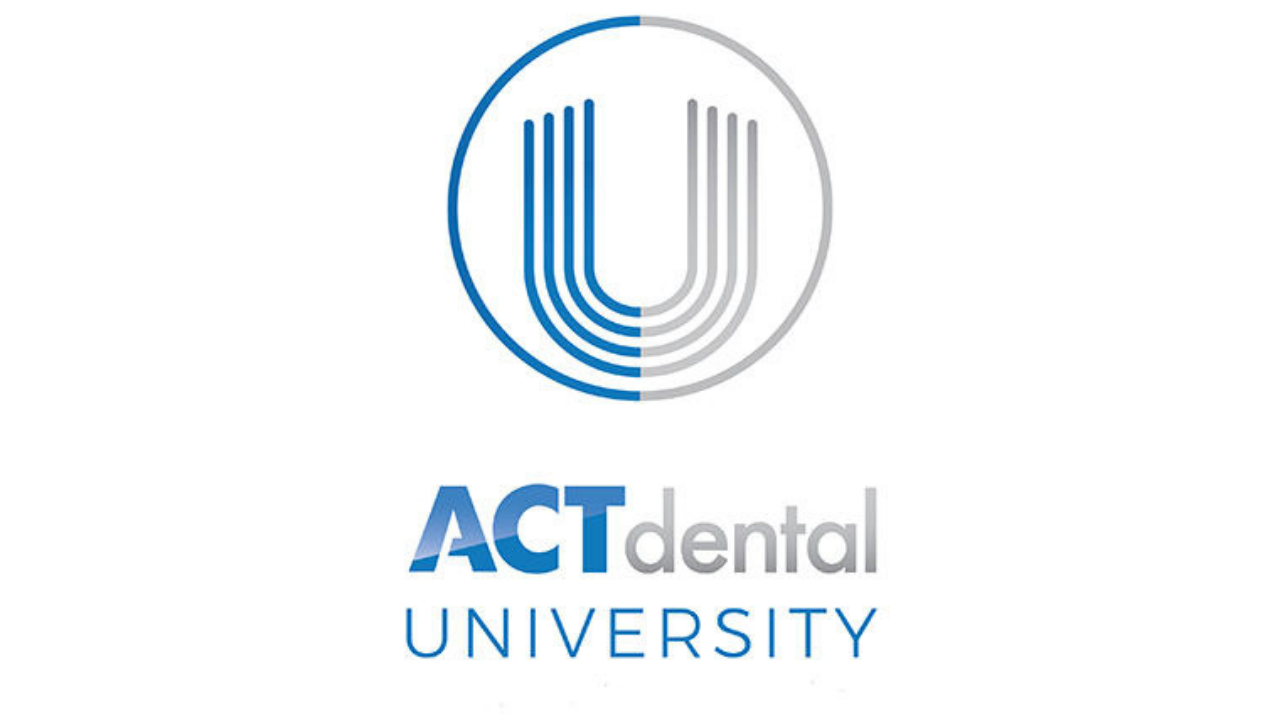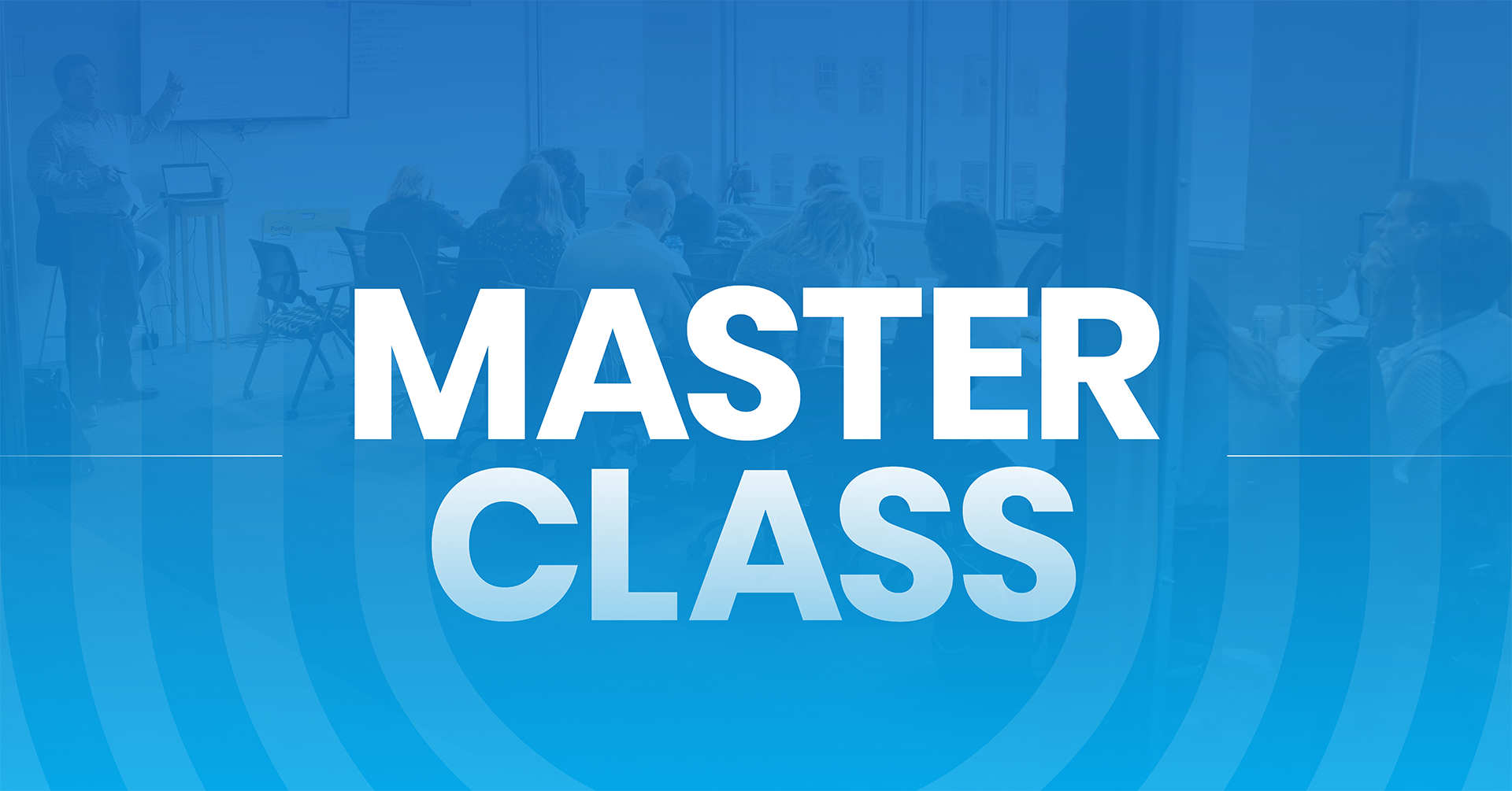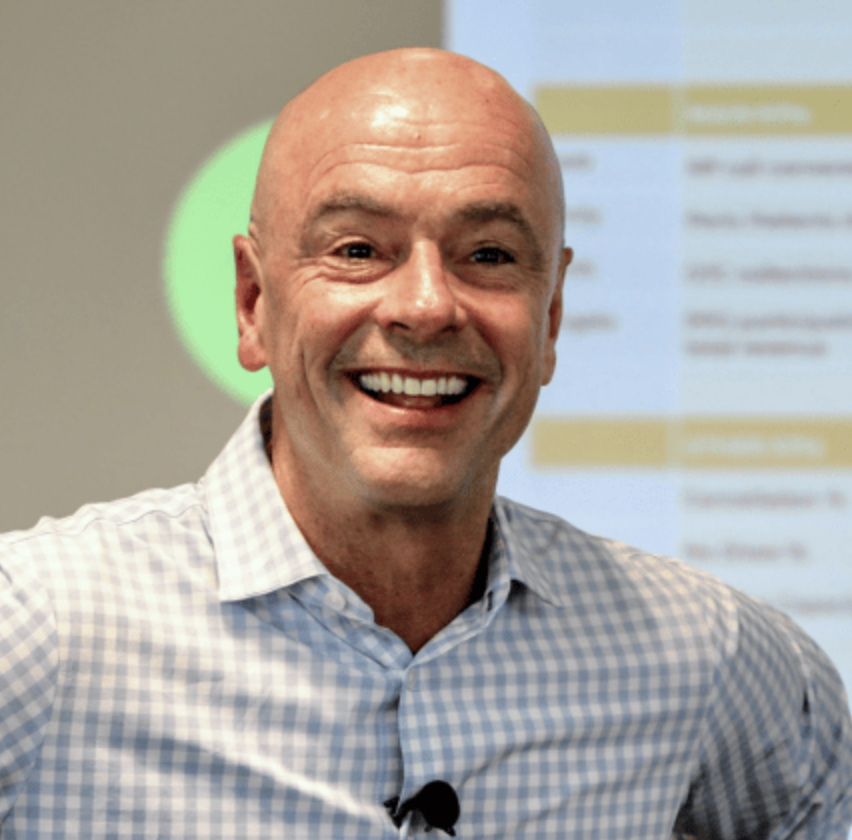In dentistry, cancellations can be extremely problematic. While it is common for dentists to experience occasional cancellations from patients, there are some practices in which cancellations have become the norm.
If you are experiencing more cancellations than you think is healthy, you must find ways to curb the problem. Not only do cancellations impede your profit, but they also cost your practice money. When you are working, you want to be as productive as possible so that you can care for your patients, ensure the health of your practice and make the most of your downtime outside the office.
To help you prevent these issues, consider a few of the reasons why your patients are cancelling in the first place:
- You lack a good system: You teach people how to treat you, and if you are not demonstrating to your patients the value of your time and the importance keeping their appointments, you will likely experience more cancellations. Make sure you have a clearly outlined system in place for cancellations so that your patients understand the importance of keeping their appointments.
- The patient did not value the appointment in the first place: You must demonstrate the value of appointments to your patients. When a patient is scheduled to come in for a cleaning, he or she is more likely to cancel and try to get out of the obligation. However, if you focus on the hygiene and cosmetic benefits of a cleaning appointment to your patient, the individual will attach value to the routine visit. Do not simply tell your patients when they need to come in and the types of services they need—convince them those services are valuable and will benefit them in concrete ways.
- You are chasing the wrong patients: Some dentists schedule every patient according to the same systems and protocols, regardless of their cancellation history. If there are patients who constantly cancel their appointments on short notice, have a coding system that tells your office staff to stop scheduling them. You should log cancellation data and code your patients so that you know which you should be investing in—namely, those who keep their appointments.
- You do not have good data: Often, dentists do not realize the extent of their cancellation problem until it begins affecting their bottom line. You need to know where your practice stands when it comes to cancellations so that you can determine whether you need to make any changes. A cancellation percentage of close to 10 percent or more indicates that you need to change something about your system or procedures to improve patient appointment commitment. A cancellation percentage of around 1 percent demonstrates that your practice is doing a good job of getting patients in for their scheduled appointments.
- You are not teaching people how to behave in your practice: Too often, patients hide behind front desk staff when they make cancellations. You should take a proactive approach when you see your patients by clearly outlining your expectations and reinforcing that you need them to be on time for their appointments. Taking the time to set these expectations will help your patients feel more secure in what they can expect from an appointment, thereby reducing the frequency of cancellations.
- You are letting people cancel: Customer service is essential at any successful dental practice, but you should not make it easy for your patients to cancel their appointments. If you allow patients to cancel and you communicate to them that it’s okay, you reinforce bad behavior. Instead, use the cancellation data you have to determine whether a patient who is cancelling has done so before. If they have not, it’s best to err on the side of understanding and empathy and get them rescheduled for a different day. A patient who has cancelled several times in the past, on the other hand, should not be able to walk away from the appointment without any consequences. Communicate to the patient that there seems to be an issue with scheduling and invite them to call the practice on a day they know they are available to request a same-day appointment.
- Your team members have not been trained on best practices: If your practice does not have a clear cancellation policy on which your team members are trained, you are likely to have much higher cancellation rates. You need to have written policies for cancellations—including a cancellation fee for patients—and ensure that each of your team members is trained to enforce them.
In many cases, dental practices with high cancellation percentages struggle with several different contributing factors. Identifying the areas where your practice can improve can give you some direction for growth in the future. Establishing a cancellation policy, training your team, shifting the conversations you have with your patients and creating more value for people when they come in can help reduce the number of cancellations your practice receives. You’ll then be able to maximize the impact of your time spent in the office.
If you are dealing with cancellation issues and are having a hard time identifying the root cause, it’s helpful to recruit a fresh set of eyes. Getting help from a coach or consultant can give you valuable insight you can use to prevent excessive patient cancellations and help keep your patients onboard with their set appointment times. With some intentional effort in this area of your practice, you can improve your profitability, cut down on wasted time, boost your production and help you find a better work/life balance.
Categories

Get access to the best dental educators on the planet to bring you "best practices" and help you become the dentist you were called to be. Watch what you want, when you want it. It's 24/7 on-demand access. Friday's we host "Master Classes" with the very best dental speakers you will ever see.

Reserve your spot at the next ACT Dental Master Class
Learn From One of the Best Educators During Our BEST PRACTICES MASTER CLASS Experience.
Kirk Behrendt
Kirk Behrendt is a renowned consultant and speaker in the dental industry, known for his expertise in helping dentists create better practices and better lives. With over 30 years of experience in the field, Kirk has dedicated his professional life to optimizing the best systems and practices in dentistry. Kirk has been a featured speaker at every major dental meeting in the United States. His company, ACT Dental, has consistently been ranked as one of the top dental consultants in Dentistry Today's annual rankings for the past 10 years. In addition, ACT Dental was named one of the fastest-growing companies in the United States by Inc Magazine, appearing on their Inc 5000 list. Kirk's motivational skills are widely recognized in the dental industry. Dr. Peter Dawson of The Dawson Academy has referred to Kirk as "THE best motivator I have ever heard." Kirk has also assembled a trusted team of advisor experts who work with dentists to customize individual solutions that meet their unique needs. When he's not motivating dentists and their teams, Kirk enjoys coaching his children's sports teams and spending time with his amazing wife, Sarah, and their four children, Kinzie, Lily, Zoe, and Bo.
RECENT POSTS
876: The Kois-Coachman Digital Dentistry Event & The IntraOral Scanner Festival – Dr. Christian Coachman
April 18, 2025
Rest Isn't A Reward, It's A Requirement!
April 14, 2025
Data Snapshot: # of Office Days Open
April 11, 2025
Weather Any Storm: The Power of Focus
April 07, 2025
871: Metric Mondays: Gross Profit Percentage: The Health Indicator of Your Practice – Dr. Barrett Straub
April 07, 2025
Embrace Conflict to Unlock Trust
April 04, 2025







